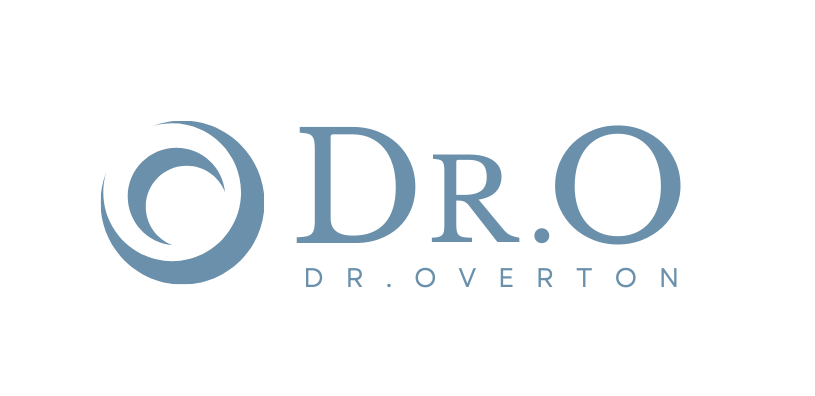Every second counts when it comes to saving a life. In the face of an overdose, immediate action can make all the difference. Premier Spine Pain & Rehabilitation is dedicated to promoting health and providing assistance in overdose cases. In this article, we will explore how to recognize the signs of an overdose, take immediate action, understand the role of naloxone, perform basic life support, provide support and comfort, post-overdose care, and additional resources available to help in these critical moments.
Understanding Overdose
Recognizing the Signs of Overdose
Recognizing the signs of an overdose is crucial for prompt intervention. Physical and behavioral symptoms may include unconsciousness, slowed or stopped breathing, pale skin, and pinpoint pupils. It's important to note that opioid and non-opioid overdoses may have different symptoms, but identifying any overdose promptly is critical.
Taking Immediate Action
In an overdose situation, every second matters. The first step is to call emergency services (911) to ensure professional help arrives as quickly as possible. While waiting for help, provide clear location information and take precautions to ensure personal safety. Avoid direct contact with unknown substances and consider using gloves or barriers if available.
Naloxone: The Lifesaving Medication
Naloxone is a medication that can rapidly reverse opioid overdoses. It plays a vital role in saving lives. Understanding naloxone, its availability, and proper administration techniques are crucial. Naloxone kits are accessible in pharmacies, harm reduction programs, and community organizations. Administering naloxone requires following specific instructions, including the correct dosage, nasal spray or intramuscular injection techniques, and being aware of potential side effects.
Performing Basic Life Support
During an overdose crisis, providing support and comfort is essential. Reassure the individual and keep them calm, as stress can exacerbate the situation. Stay with the person until emergency responders arrive, monitoring their condition and providing continuous support. It's crucial to offer non-judgmental support and empathy, reducing stigma and fostering trust.
Providing Support and Comfort
Post-Overdose Care and Resources
Additional Resources
1. Helplines:
2. Harm Reduction Programs :
3. Local Support Organizations :
FAQs - Frequently Asked Questions:
Local resources, helplines, and support groups are available to provide assistance and guidance. Contact organizations like Premier Spine Pain & Rehabilitation or search online for local support resources specific to your area.
Conclusion
Prompt intervention during an overdose can save lives. Recognizing the signs, taking immediate action, understanding naloxone, performing basic life support, providing support and comfort, post-overdose care, and connecting individuals with additional resources are critical steps in helping someone experiencing an overdose. Premier Spine Pain & Rehabilitation is committed to promoting overdose prevention and assistance. Remember, every second counts, and your actions can make a significant difference in someone's life.
If you or someone you know is struggling with substance misuse, reach out to Premier Spine Pain & Rehabilitation or local support organizations for help and guidance.



COMMENTS